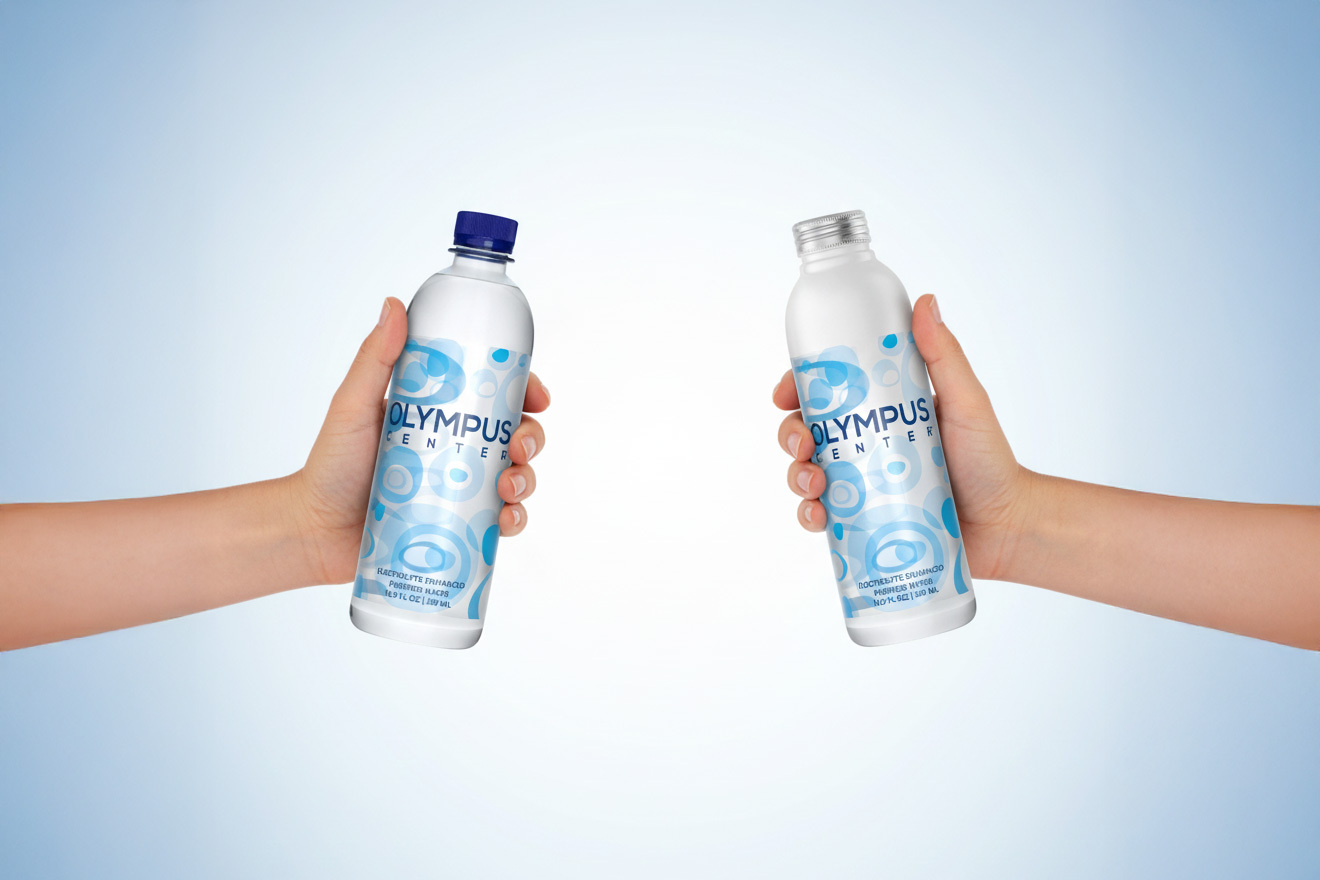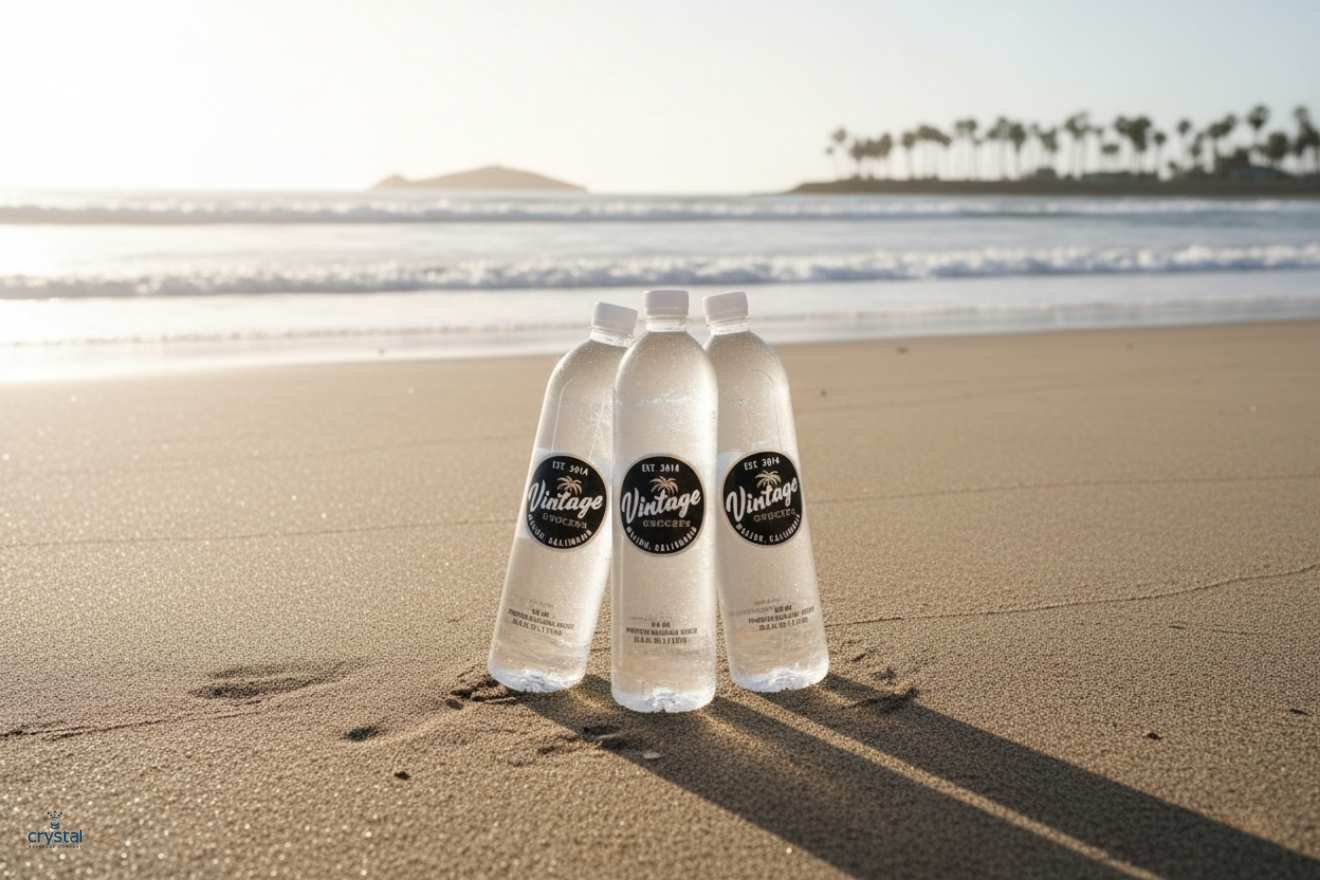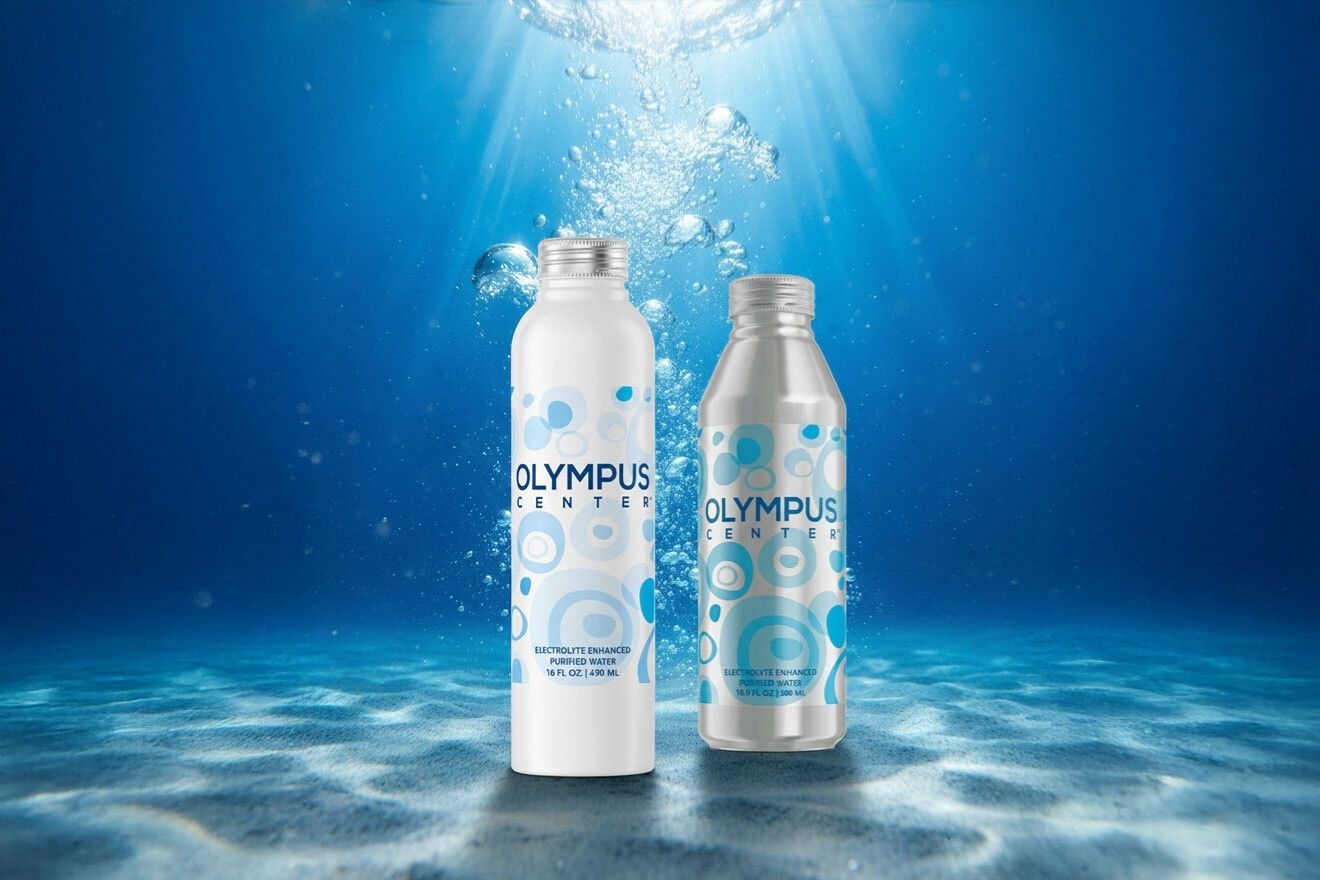Is Rain Water Safe to Drink?


Can You Drink Rain Water?
Theoretically, yes. You can drink rainwater to quench your thirst. However, drinking rainwater may not be safe for you, as untreated rainwater may be affected by air pollution, dust, and debris around your area.
While you can drink rainwater in most areas without high levels of air pollution, rainfall in heavily polluted locations may not be safe to drink. The Center for Disease Control (CDC) recommends checking the air quality in your local area first before attempting to drink rainwater. This will determine if it is safe to drink rain water.
What Factors Affect Rain Water Quality?
Pure rainwater collection that falls directly from the sky is clean enough to drink, but rainwater rarely remains pure as it makes landfall. Rain water can wash away contaminants in the air and on land, so you cannot be absolutely sure that drinking rainwater is good for you. Several factors may affect the purity of the water, making it unsafe to drink rain water.
- Air pollution
- Acid rain
- Dirty containers
- Debris from homes
- Leaves and other contaminants
For instance, the rainwater passing through your gutters is highly contaminated with residue from smog, littered leaves, and bird poop. Water from these sources is definitely not safe to drink. Do not drink rainwater when acid rain is present as well, or if you live in an area with plenty of chemical plants or power plants.

Collecting Rain Water as Drinking Water
Many people do rainwater harvesting for use in their gardens, as well as cleaning the house, bathing, or even for use in ponds and aquariums. Rainwater is naturally alkaline and contains dissolved minerals, and is believed to provide numerous benefits like decreasing water consumption costs, and providing a naturally-purified water supply.
However, rainwater is not always clean. Always do rainwater harvesting in an open area, where the rainwater will not roll off roofs, walls, poles, or other contaminants. This will increase the chances of collecting the purest water quality from rain water.
You can use a large, net-covered container to do rainwater harvesting. As rain falls from the sky, your container fills up while filtering out any debris washes away in the rain. Select homes are fitted with rainwater harvesting systems as well, which are connected to the gutters, and automatically filtered for use in the home.

Treating the Rain Water
Is there a way to treat rainwater after harvesting? - Yes, you can collect rainwater, and treat it at home using filters and heat. Drinking clean rainwater increases the alkalinity in your body, and may improve your skin and hair. Rain water helps neutralize the acidity levels in your bloodstream, leading to less gastric problems, and improve blood oxygenation.
To turn collected rainwater into treated water that is safe to drink, you will need to Decant, Filter, and Boil your rainwater collection. First, decant rainwater after harvesting by leaving the water in a deep container, undisturbed for a couple of hours. Let any debris settle to the bottom of the container, and pour out only the top-most rainwater collection.
Next, run your water through a water filtration system, which you can make using an upturned bottle with the bottom cut out with a cheesecloth secured over the nozzle. Fill the bottle with different sized rocks in a descending order. Sand should fill the nozzle of the upturned bottle. Pour the water through the filtration system into a clean container.
Lastly, you will need to boil the water to kill any microbes or pathogens in the water. The CDC recommends boiling water for 1 minute up to altitudes of 2,000 meters. Above 2,000 meters, you will need to boil the water for 3 minutes. Boiling water should kill giardia and cryptosporidium parasites.
The Verdict
While rainwater harvesting provides drinking water safe for human consumption, it is not always the most efficient solution. Drinking water treated from rainwater harvesting uses up more energy and resources than it saves, and while the end product is safe to drink, the treatment process is extensive.
Choose the Safe Option
Choose the safer option, and procure safe, drinking water that is guaranteed free from pollution, dust, and contaminants! Natural spring water is a great alternative that is both pure and naturally filtered, so you can opt to drink spring water instead of relying on the public drinking water supply, or rain water.
My Own Water provides the freshest and cleanest drinking water you can consume. We have both mineral and natural spring water that provides the best benefits of rainwater, without having to store and treat collected rainwater at home. Always choose the safe option!






